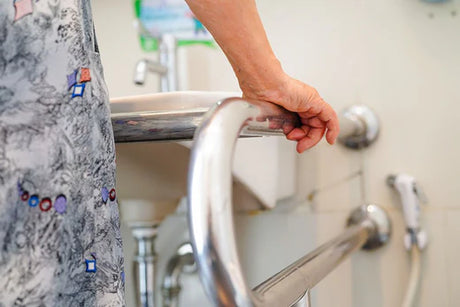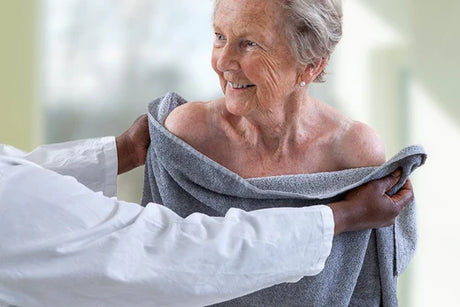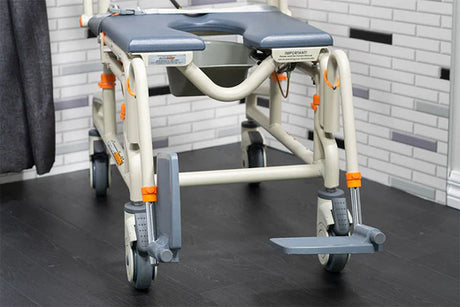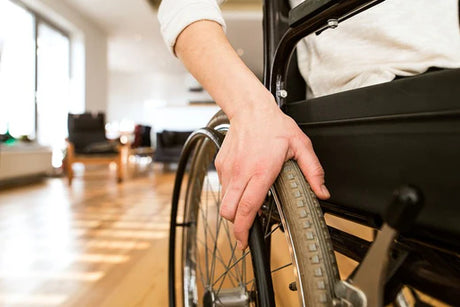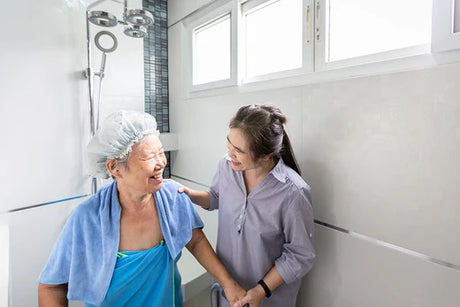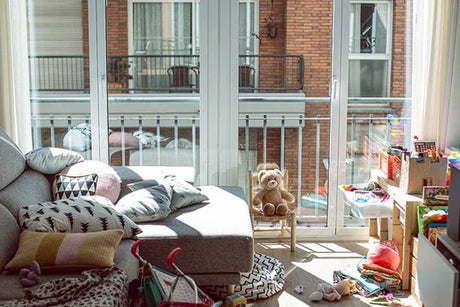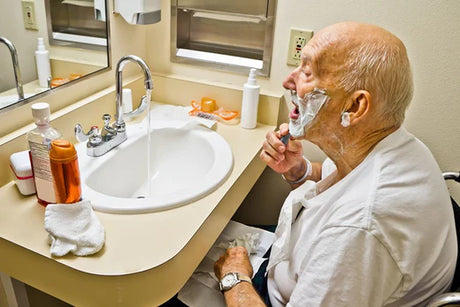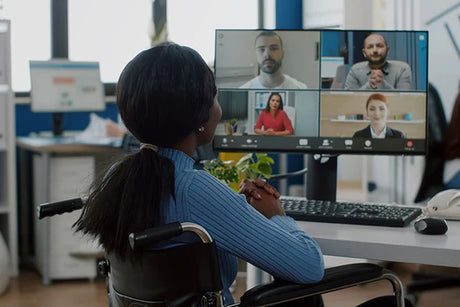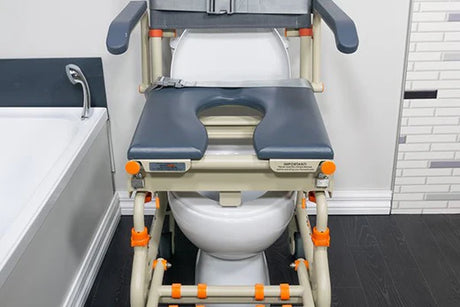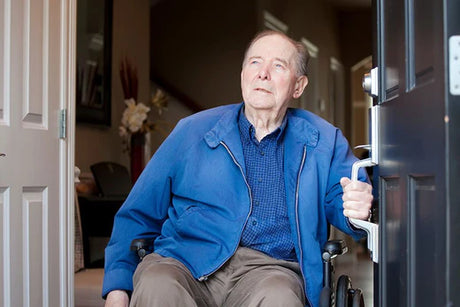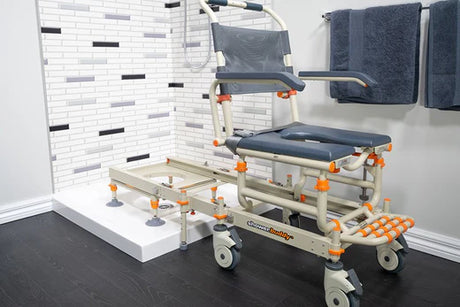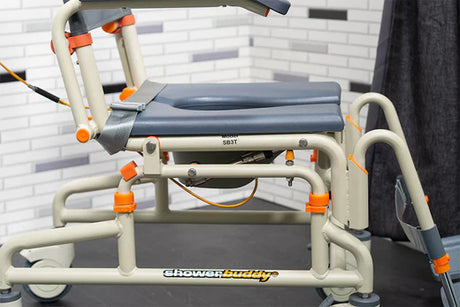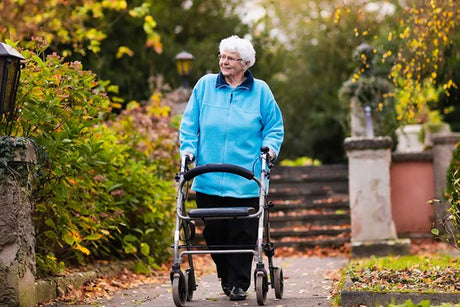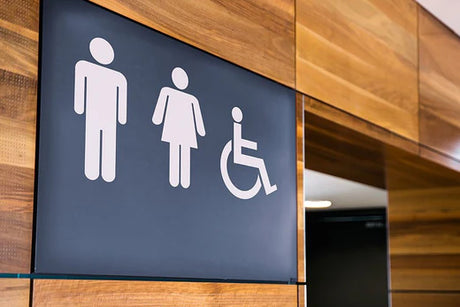Becoming a teenager isn’t easy – physical changes, new social dynamics, exams…there’s no shortage of adversity to face. But what about those who deal with all this along with a mobility impairment?
Being treated as different
As teenagers find themselves in the world as young adults, any factor that makes them feel excluded or outside the group can have a significant impact. A disability that requires equipment like a wheelchair can attract attention from others; classmates, parents, and even teachers can inadvertently make a self conscious teen feel isolated even with the best of intentions.
Those around a teen living with a disability should do their best to simply treat them as any other person – with respect.
High School
With 5 days a week spent at high school full of people the same age, there are plenty of moments that present challenges to a disabled teen. Access between classes, participation in sport and the practicalities of socialising at lunch time are all things that other students simply don’t think as much about.
Schools, their teachers and students can all help the disabled teen feel more included by removing as many of these barriers as possible, without making a grand show of this – again, special attention can be very hard to balance with ‘fitting in’. This might mean ensuring a workable accessibility plan around the school, including activities within physical education that allows the student to participate and encouraging their friend groups to consider where and how they group together during break/recess times. But if in doubt, a conversation between school and student privately can help to establish ways to make the student feel as comfortable as possible.
Going through puberty
Our bodies go through more changes during puberty than pretty much any other time of our lives. The evolution from child into adult – the process of which can be confusing and difficult. Now add in a physical disability that requires assistance at a time where teens are increasingly valuing their privacy and you can imagine the challenges this presents.
While it’s important no matter the age, teenagers with a disability require careful attentiveness to maintain their dignity and independence. If you are the parent of a teen going through puberty, you may start to find that communication style that was fine as a child is no longer wanted. In fact, the ‘stroppy teenager’ phenomenon will very likely be experienced in your home, too – so make sure the care plan is updated between your teenager, the occupational therapist and family members.
It might also be at this point where teenagers seek out independent, professional carers in more daily tasks as a means to putting boundaries between them and their parents (again a totally normal teenager thing to go through). Parents should understand and support this as much as possible.
Socialising with friends
We are delighted to be living in a time where inclusivity has been brought to the fore of society to try and improve. But while we might be living in a more informed era, socialising can still be a big source of anxiety for disabled teenagers. Simply the logistics of getting to and attending a gathering like a party can bring up feelings of nervousness. If a physical disability comes with other challenges like early fatigue, planning around transport and support needs to be made ahead of time.
What friends of a teen with a physical disability can do to make their friend feel more part of the group is to plan what and how they’ll do things – without making these plans to overtly cater to their friend’s mobility needs. Like most teenagers, your friend will want to go to gigs, shop at the mall, attend parties or watch a movie. Simply make sure wherever you plan to go will be reasonably straightforward to access equipment like a wheelchair.
Enjoying hobbies and exercise
In the case of a teenager with paraplegia or other condition that allows some freedom of movement, sport and exercise can be an incredible outlet. Look no further than a sports team like the Wheel Blacks for how successful someone with a disability can be in a physical pursuit. Teens should be encouraged to participate in as many school activities as is possible, as well as involved in extracurricular sports designed for mobility impaired people. We’d suggest going to Google and doing a search for local programmes in your area.

Getting into paid employment
Like any teen who is learning how ‘adulting’ works, finding a job is one of the key moments of going through teenagehood. In fact, getting into paid employment is one of the best ways to feel true independence from your parents. For someone with a disability, the prospect of independence is that much more attractive, but doesn’t come without natural concerns around the feasibility of doing certain jobs.
You can go through a number of channels to find employment opportunities – recruitment, local disability organisations and of course, going direct to businesses. More businesses are actively encouraging applicants for roles as inclusive employers.
Planning for post-school life
Plans for leaving school may be slightly different for someone with a disability in terms of the practical day to day activities, but this doesn’t prevent them from attending tertiary education, working a job or even living independently from parents. We speak with hundreds of young adults who live with friends and enjoy a huge amount of independence from any support – family or otherwise.

Daily questions from strangers
Unfortunately some people still lack any tact to speak with someone with a disability appropriately. This includes asking invasive questions or drawing attention to the physical impairment. Doing so is not up to anyone outside of the individual. The truth is most of the time the last topic of conversation someone with a disability wants to talk about is just that: the disability.
As a teenager, fielding such questions can be even more troubling. Drawing unnecessary attention to a self conscious teenager can trigger anxiety. To a stranger, their question may feel totally innocent – but simply engaging in that conversation assumes they want to talk about it at all.
As Mary Bircher of The Mighty writes, ‘My disability isn’t a trivia question.’
We all deserve to be in control of our own lives
Becoming an adult brings emotional, mental and physical changes. Our perspective on the world changes and we start to develop our own sense of who we are as distinct from parents or caregivers. For a teen who lives with a disability, they are fighting extra hard to not be defined a certain way in the world. As friends, family, teachers, fellow students and members of the public, we need to keep this in mind. The best way to help our teens is by removing barriers to the enjoyment of life, not continually reminding them about these.
Learn more about Showerbuddy
Support plans and equipment should exist to help teens live their life as they want. A routine as personal as bathroom use requires equipment that is efficient, comfortable and allows greater independence where possible. We’d encourage you to explore the Showerbuddy range, get in touch with our team or find your local Showerbuddy distributor to learn how you can get Showerbuddy in your home.
Further Reading
- My Life As A Disabled Teenage Girl – Thought Catalog
- What to Know About Living With a Disability – Teen Vogue
- A Day in the Life of a Disabled Teenager – thewheelchairteen.com

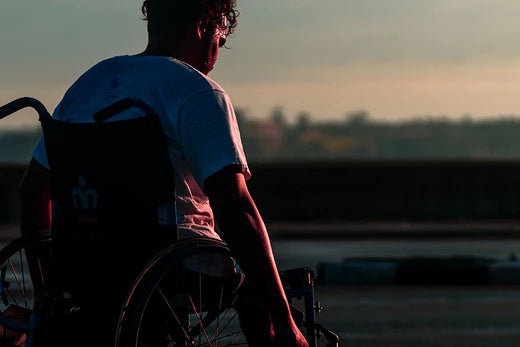









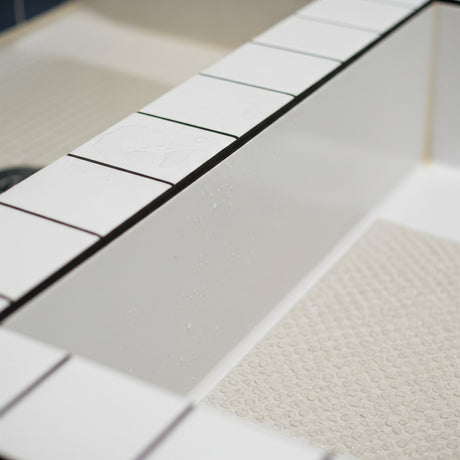

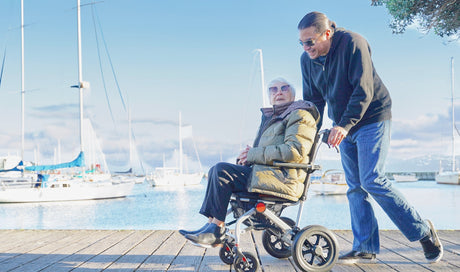
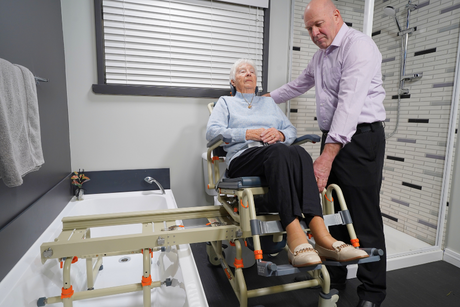
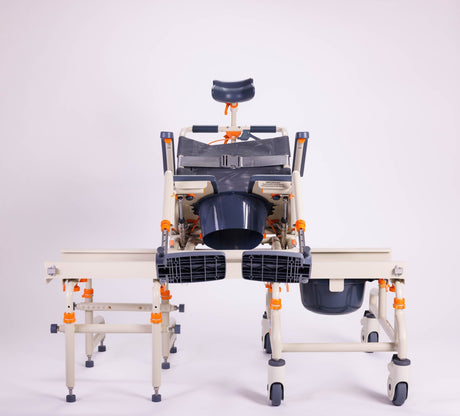
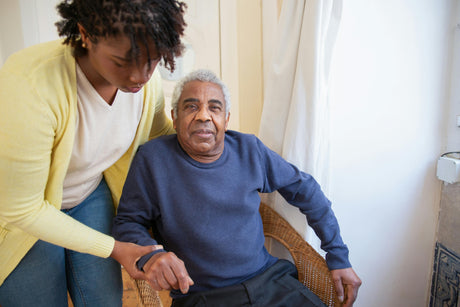
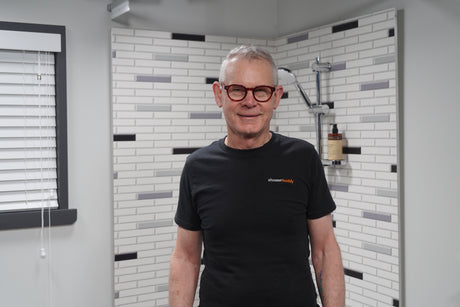
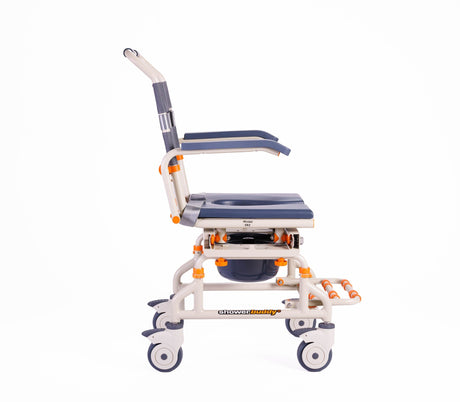
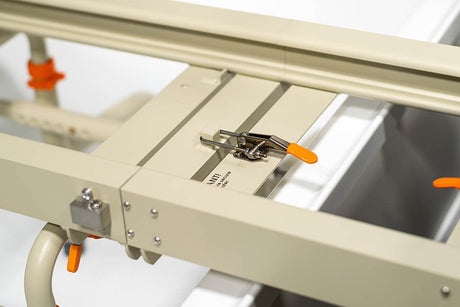
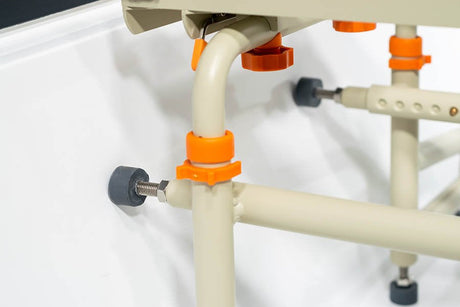
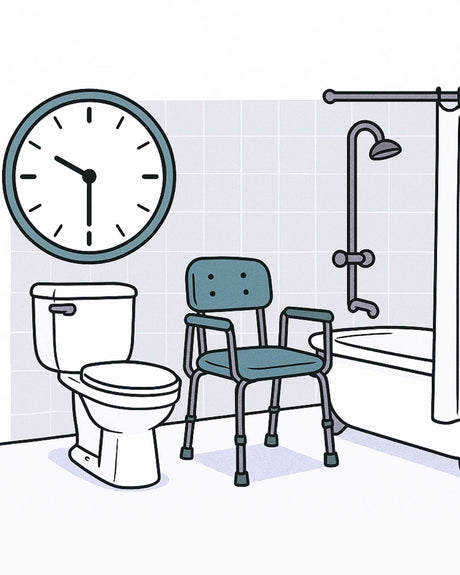
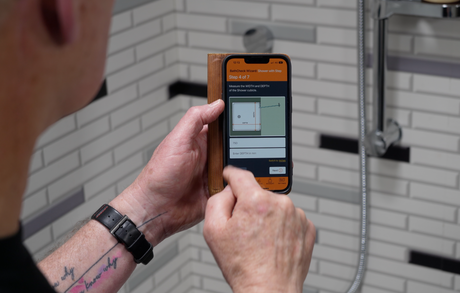
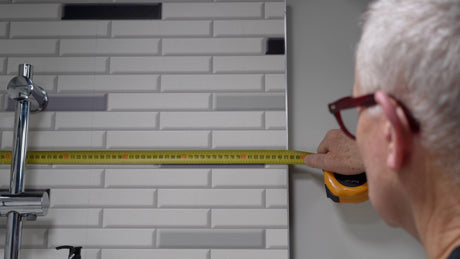
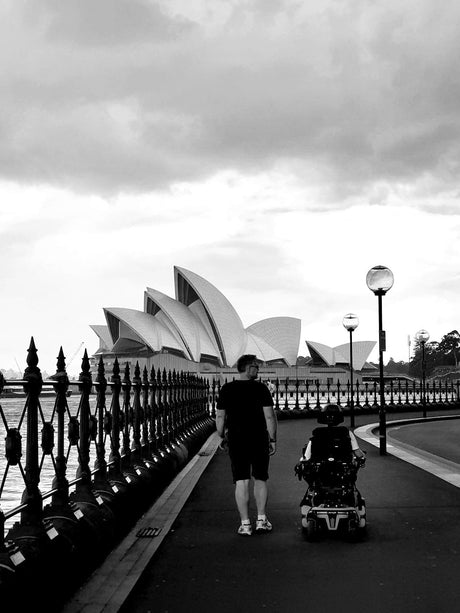
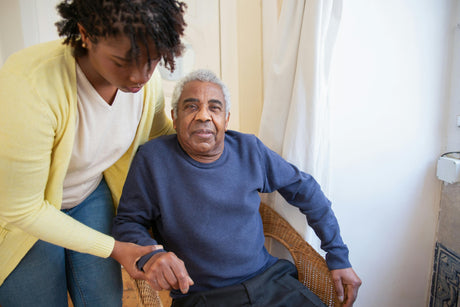

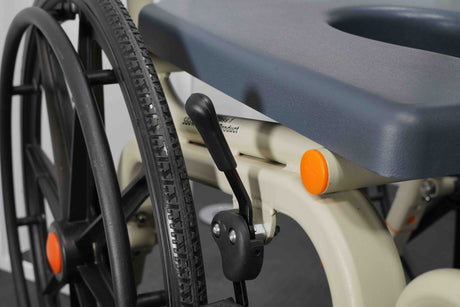

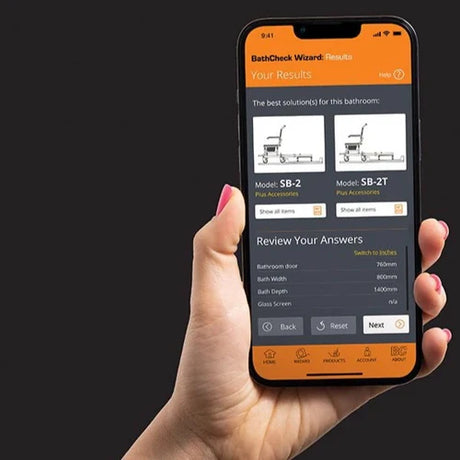
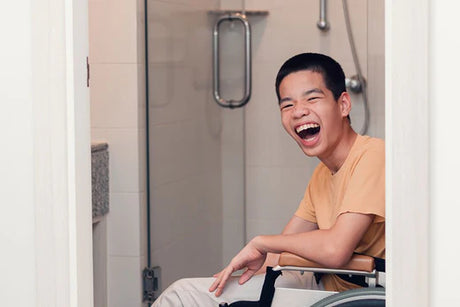
![Toilet Training A Young Child With Mobility Challenges [And How A Shower Chair Can Help]](http://shower-buddy.com/cdn/shop/articles/toilet-training-disabled-child_520x500_a90e5234-d372-435d-aa56-8da15dd3836c.webp?v=1722557239&width=460)



